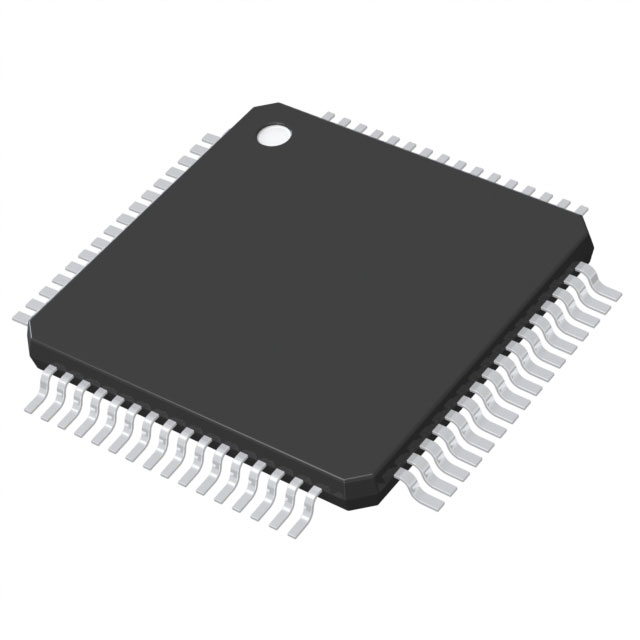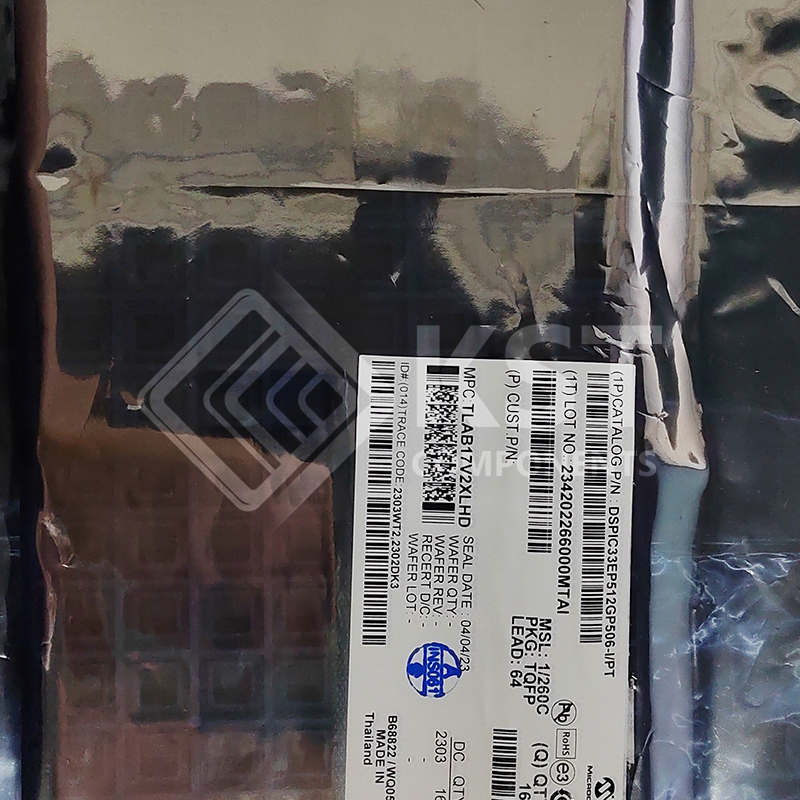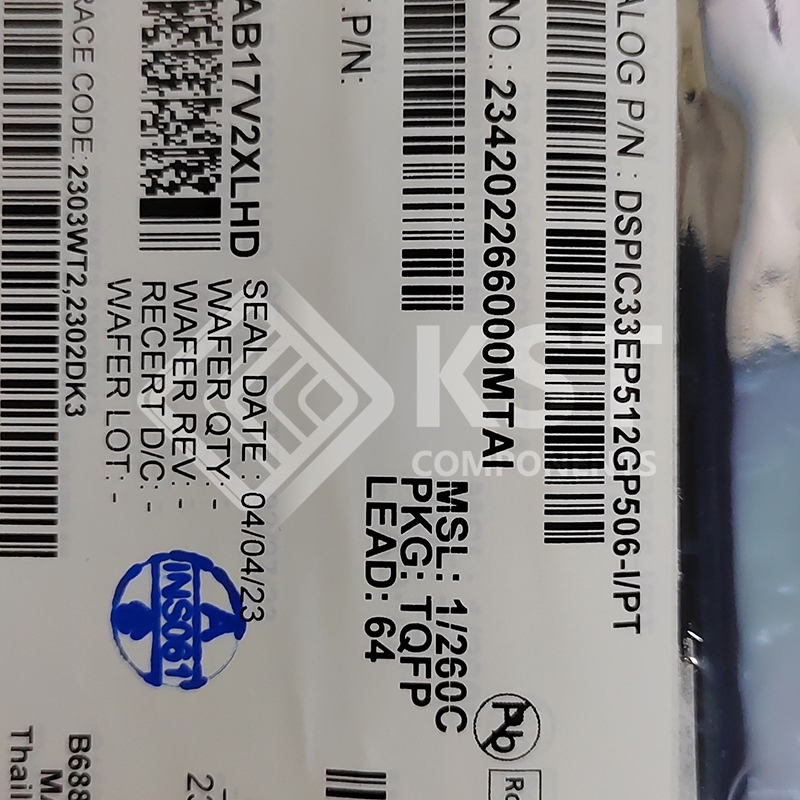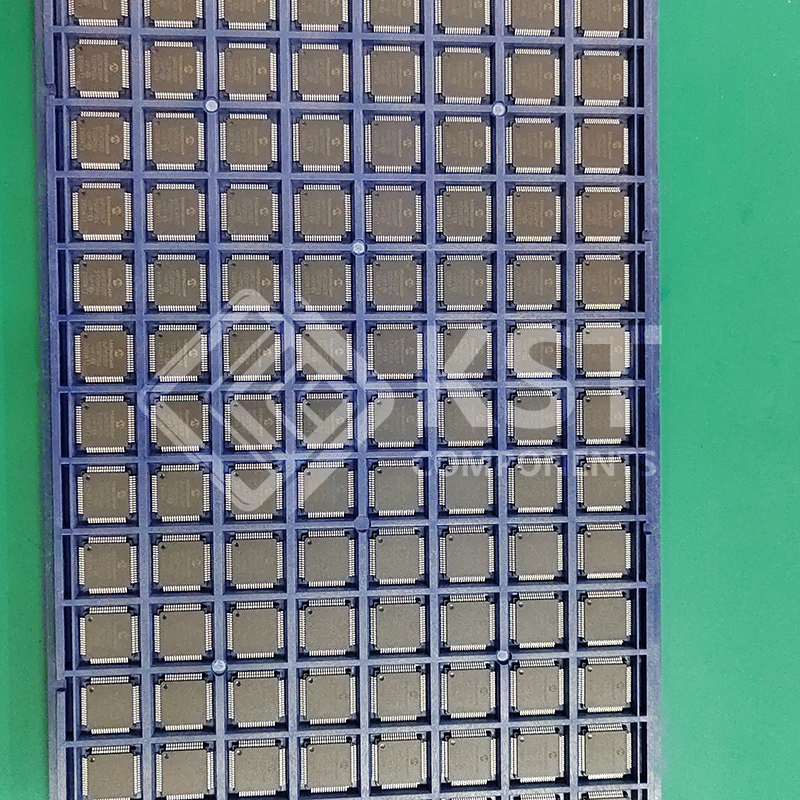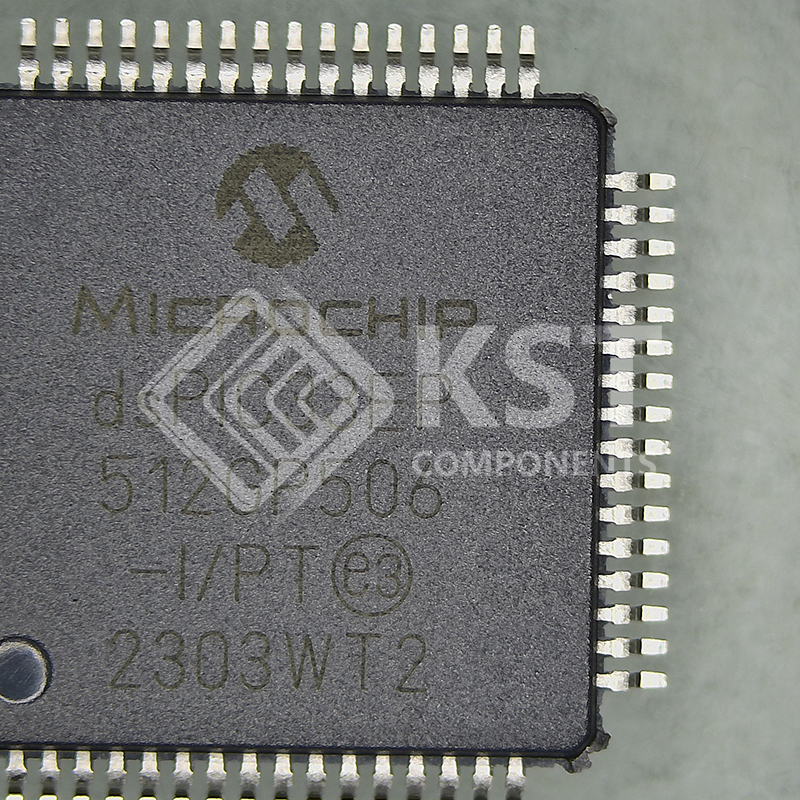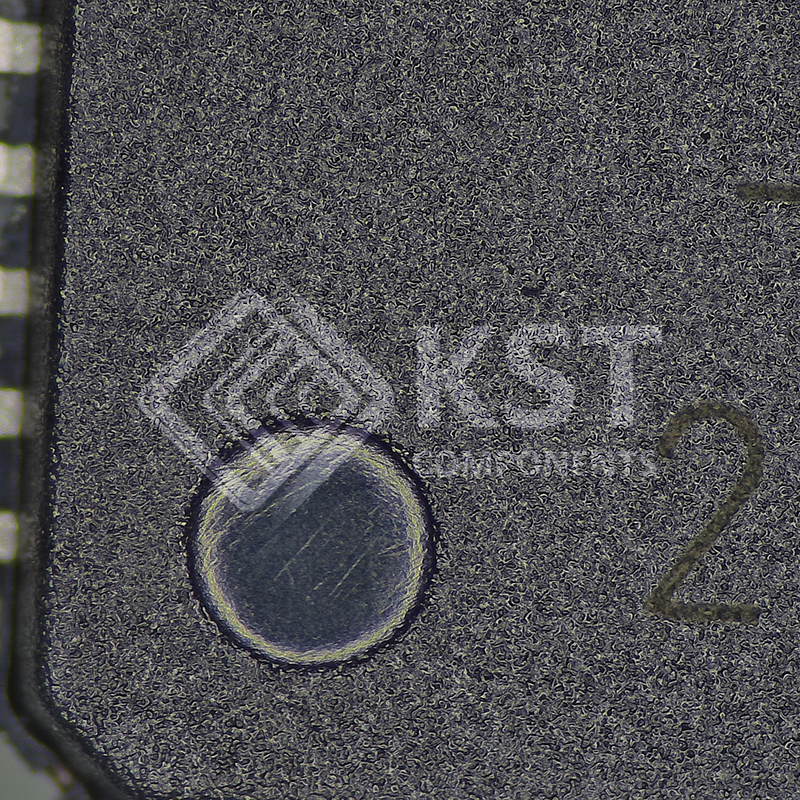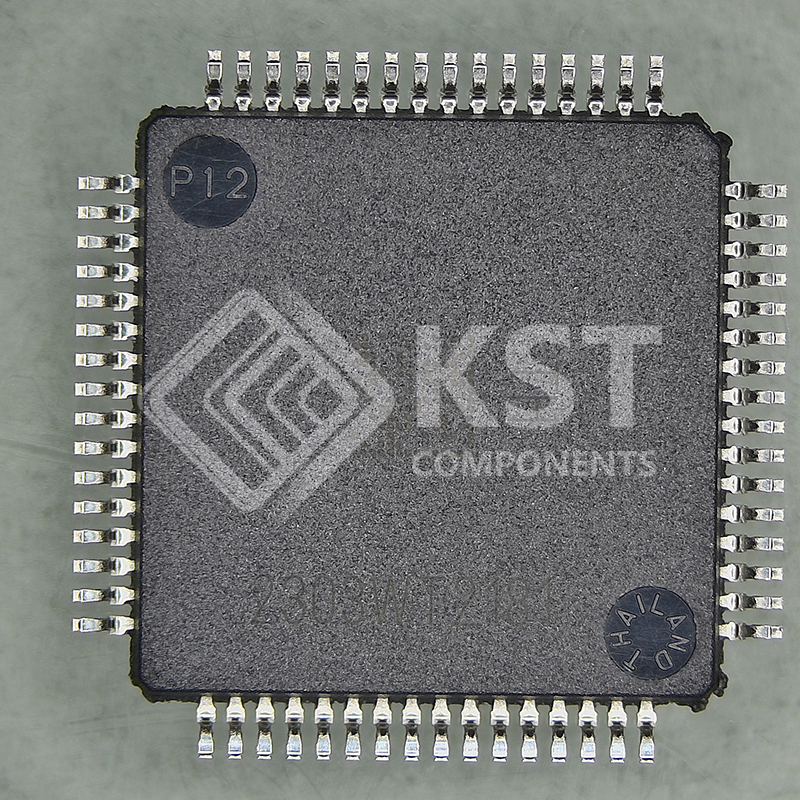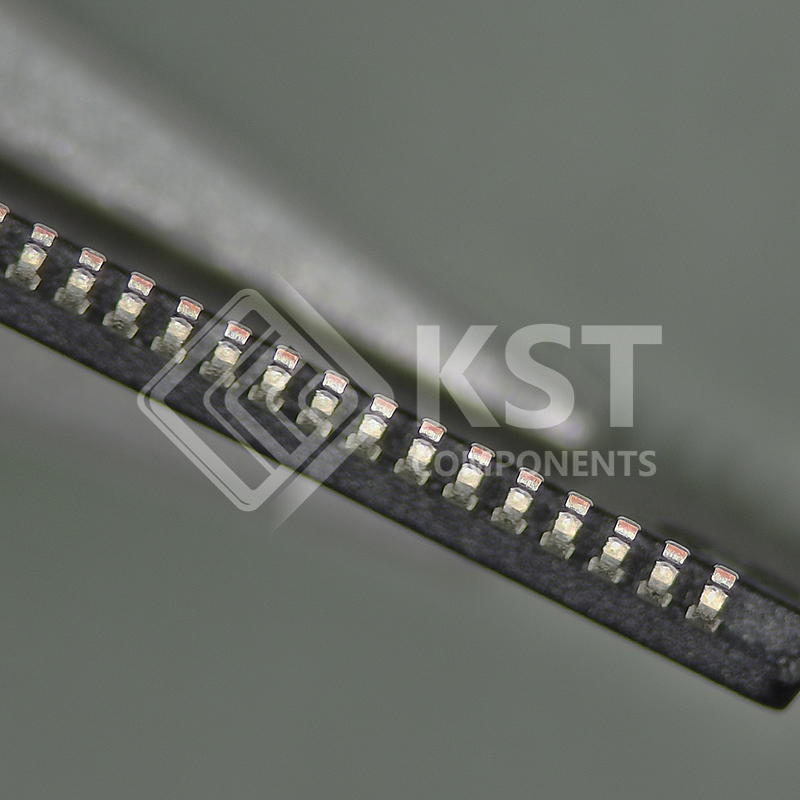Operating Conditions
• 3.0V to 3.6V, -40°C to +85°C, DC to 70 MIPS
• 3.0V to 3.6V, -40°C to +125°C, DC to 60 MIPS
• 3.0V to 3.6V, -40°C to +150°C, DC to 40 MIPS
Core: 16-Bit dsPIC33E/PIC24E CPU
• Code Efficient (C and Assembly) Architecture
• Two 40-Bit Wide Accumulators
• Single Cycle (MAC/MPY) with Dual Data Fetch
• Single-Cycle, Mixed-Sign MUL plus Hardware Divide
• 32-Bit Multiply Support
Clock Management
• 1.0% Internal Oscillator
• Programmable PLLs and Oscillator Clock Sources
• Fail-Safe Clock Monitor (FSCM)
• Independent Watchdog Timer (WDT)
• Fast Wake-up and Start-up
Power Management
• Low-Power Management modes (Sleep, Idle, Doze)
• Integrated Power-on Reset and Brown-out Reset
• 0.6 mA/MHz Dynamic Current (typical)
• 30 µA IPD Current (typical)
High-Speed PWM
• Up to Three PWM Pairs with Independent Timing
• Dead Time for Rising and Falling Edges
• 7.14 ns PWM Resolution
• PWM Support for:
– DC/DC, AC/DC, Inverters, PFC, Lighting
– BLDC, PMSM, ACIM, SRM
• Programmable Fault Inputs
• Flexible Trigger Configurations for ADC Conversions
Advanced Analog Features
• ADC module:
– Configurable as 10-bit, 1.1 Msps with four S&H or
12-bit, 500 ksps with one S&H
– Six analog inputs on 28-pin devices and up to
16 analog inputs on 64-pin devices
• Flexible and Independent ADC Trigger Sources
• Up to Three Op Amp/Comparators with
Direct Connection to the ADC module:
– Additional dedicated comparator
– Programmable references with 32 voltage points
• Charge Time Measurement Unit (CTMU):
– Supports mTouch® capacitive touch sensing
– Provides high-resolution time measurement (1 ns)
– On-chip temperature measurement
Timers/Output Compare/Input Capture
• 12 General Purpose Timers:
– Five 16-bit and up to two 32-bit timers/counters
– Four Output Compare (OC) modules, configurable
as timers/counters
– PTG module with two configurable timers/counters
– 32-bit Quadrature Encoder Interface (QEI) module,
configurable as a timer/counter
• Four Input Capture (IC) modules
• Peripheral Pin Select (PPS) to allow Function Remap
• Peripheral Trigger Generator (PTG) for Scheduling
Complex Sequences
Communication Interfaces
• Two UART modules (17.5 Mbps):
– With support for LIN/J2602 protocols and IrDA®
• Two Four-Wire SPI modules (15 Mbps)
• ECAN™ module (1 Mbaud) CAN 2.0B Support
• Two I2C modules (up to 1 Mbaud) with SMBus Support
• PPS to allow Function Remap
• Programmable Cyclic Redundancy Check (CRC)
Direct Memory Access (DMA)
• 4-Channel DMA with User-Selectable Priority Arbitration
• UART, SPI, ADC, ECAN, IC, OC and Timers
Input/Output
• Sink/Source 12 mA or 6 mA, Pin-Specific for
Standard VOH/VOL, Up to 22 or 14 mA, respectively
for Non-Standard VOH1
• 5V Tolerant Pins
• Peripheral Pin Select (PPS) to allow Digital Function
Remapping
• Selectable Open-Drain, Pull-ups and Pull-Downs
• Up to 5 mA Overvoltage Clamp Current
• Change Notification Interrupts on All I/O Pins
Qualification and Class B Support
• AEC-Q100 REVG (Grade 1, -40°C to +125°C)
• AEC-Q100 REVG (Grade 0, -40°C to +150°C)
• Class B Safety Library, IEC 60730
Debugger Development Support
• In-Circuit and In-Application Programming
• Two Program and Two Complex Data Breakpoints
• IEEE 1149.2 Compatible (JTAG) Boundary Scan
• Trace and Run-Time Watch



